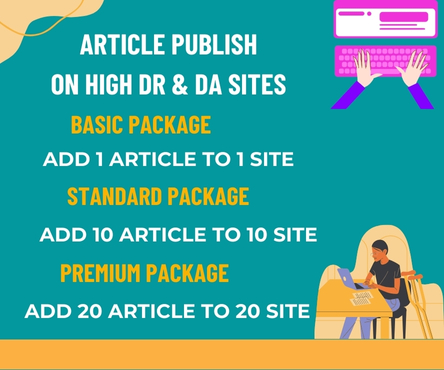In the dynamic landscape of modern business, establishing and nurturing relationships with customers is paramount to long-term success. This is where Customer Relationship Management (CRM) comes into play, serving as a strategic tool to enhance customer interactions, streamline processes, and ultimately drive business growth. For more details, please click here crm pós venda
Understanding CRM
At its core, CRM is a comprehensive approach to managing and analyzing customer interactions throughout the entire lifecycle. It goes beyond a mere software solution; it encompasses a strategic philosophy that places the customer at the center of business operations. By leveraging technology, data, and processes, CRM empowers organizations to create meaningful and lasting relationships with their clientele.
The Pillars of CRM
1. Customer Data Management
CRM starts with the collection and organization of customer data. This includes contact information, purchase history, preferences, and feedback. A centralized repository of this data enables businesses to gain insights into customer behavior, enabling personalized interactions and targeted marketing efforts.
2. Sales Automation
Efficiency is key in any successful business. CRM systems automate repetitive sales tasks, allowing sales teams to focus on building relationships and closing deals. Automation not only saves time but also reduces the likelihood of errors, ensuring a seamless and consistent customer experience.
3. Marketing Integration
Integrating CRM with marketing efforts facilitates targeted campaigns based on customer behavior and preferences. This alignment ensures that marketing strategies are not only well-coordinated but also tailored to individual customer needs, enhancing the overall effectiveness of promotional activities.
4. Customer Service Enhancement
A robust CRM system empowers customer service teams by providing a 360-degree view of the customer. This enables quick issue resolution, personalized support, and proactive communication, leading to increased customer satisfaction and loyalty.
5. Analytics and Reporting
Data is a goldmine for businesses, and CRM systems transform raw data into actionable insights. Analytical tools within CRM platforms allow businesses to measure the effectiveness of their strategies, identify areas for improvement, and make informed decisions for future initiatives.
The Benefits of CRM
1. Improved Customer Satisfaction
By understanding customer needs and preferences, businesses can deliver personalized experiences that resonate with their target audience, leading to increased satisfaction and loyalty.
2. Enhanced Communication
CRM fosters better communication both internally and externally. Teams can collaborate seamlessly, and customers can connect with businesses through various channels, ensuring a consistent and responsive dialogue.
3. Increased Efficiency
Automation within CRM systems reduces manual tasks, freeing up valuable time for employees to focus on more strategic and high-value activities. This not only boosts productivity but also contributes to overall operational efficiency.
4. Data Security
As custodians of sensitive customer information, CRM systems prioritize data security. Robust encryption and access controls safeguard customer data, instilling trust and compliance with privacy regulations.
Implementing CRM Successfully
To harness the full potential of CRM, businesses must adopt a strategic and thoughtful approach. This involves:
- Defining Objectives: Clearly outline the goals and objectives of implementing CRM within your organization.
- Employee Training: Ensure that your team is well-versed in using the CRM system to maximize its benefits.
- Data Quality: Regularly update and clean your customer data to maintain accuracy and relevance.
- Integration with Existing Systems: Seamlessly integrate CRM with other business systems to create a unified ecosystem.
- Continuous Improvement: Regularly assess and refine your CRM strategy based on evolving customer needs and industry trends.
Conclusion
In an era where customer experience reigns supreme, CRM emerges as a cornerstone for businesses aspiring to build enduring connections. By integrating technology, processes, and a customer-centric mindset, organizations can navigate the competitive landscape with agility, responsiveness, and a genuine commitment to their customers’ success. Embrace CRM not just as a software solution but as a holistic strategy that propels your business toward sustainable growth and prosperity.

